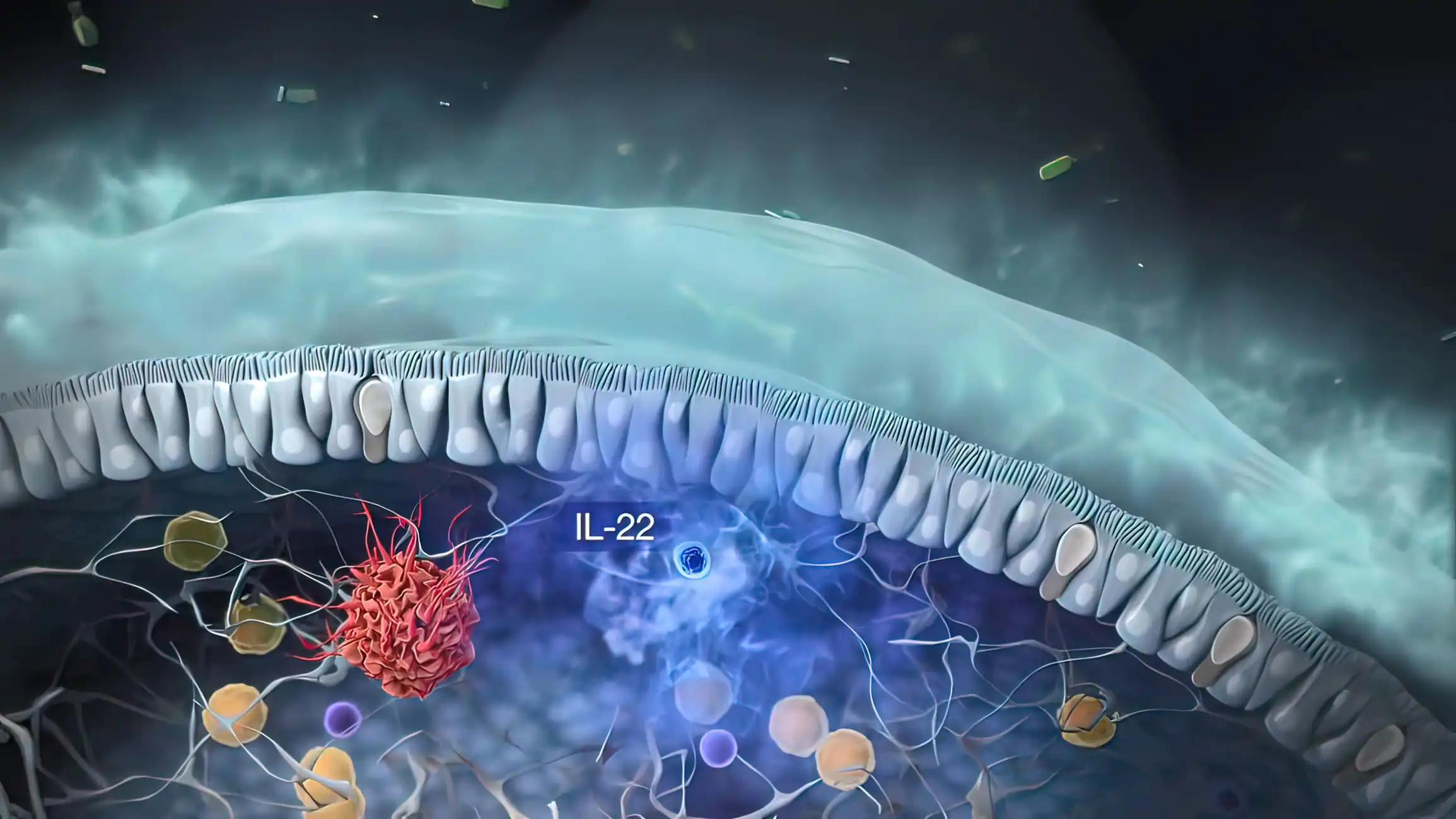KEY TAKEAWAYS
- The phase I trial aimed to assess the safety and efficacy of soquelitinib,, as monotherapy in refractory T-cell lymphoma patients.
- Soquelitinib showed promise as a novel immunotherapy for T-cell lymphomas and solid tumors by modulating immune cell profiles in TME.
Interleukin 2 inducible T cell kinase (ITK) plays a crucial role in the signaling pathway of the T cell receptor (TCR).
Ning Ding and his team aimed to evaluate the efficacy of soquelitinib, a highly selective covalent ITK inhibitor (formerly CPI-818), as a monotherapy in patients with refractory T-cell lymphoma (TCL).
The study collected paired peripheral blood and tumor tissue samples from three responding TCL patients undergoing soquelitinib treatment. Subsequent analyses involved dynamic single-cell RNA-seq and flow cytometry to assess changes in gene expression profiling and signature gene enrichment at both baseline and during treatment.
Single-cell RNA-seq revealed that soquelitinib increased cytotoxic (PRF1, GZMB, GZMK, GZMA, GZMH, GNLY) and effector (IFNG, EOMES, CST7) gene expression while reducing exhaustion genes (PDCD1, LAG3, CTLA4, HAVCR2) in normal CD8+ cells. Enrichment analyses showed upregulation of Interferon-Gamma, IL-2-STAT5, and TNF-alpha pathways, with TBX21 identified as a central regulatory hub. Soquelitinib downregulated DNA replication and cell cycle signaling in malignant T cells. Normal CD4+ Treg cells were significantly reduced in the tumor microenvironment and peripheral blood after soquelitinib treatment.
The flow cytometry results confirmed increased normal CD4+ and CD8+ T cells, especially Th1 cells and CD8+ terminally differentiated T effector memory cells, and decreased CD4+ Treg cells following soquelitinib treatment. Human T cell differentiation studies and EL4 syngeneic tumor-bearing mice confirmed soquelitinib’s immunomodulatory impact in both in vitro and in vivo tumor microenvironments. Consistent results were observed in murine syngeneic models of B cell lymphoma (A20), breast cancer (4T1), and colon cancer (CT26.WT).
The study found that soquelitinib’s novel immune regulatory mechanism induces normal CD4+ Th1 and CD8+ TEMRA cells while reducing CD4+ Treg cells in the tumor microenvironment of responsive patients. This underscores the potential of soquelitinib as an innovative immunotherapy for T-cell lymphomas and solid tumors.
Research was sponsored by Corvus Pharmaceuticals, Inc.
Source: https://ash.confex.com/ash/2023/webprogram/Paper174421.html
Clinical Trial: https://clinicaltrials.gov/study/NCT03952078
Ding N, Xie Y, Guo Y, et al.(2023) ‘’Dynamic Single-Cell Profiling Reveals Novel Immune Regulatory Mechanism of ITK Inhibitor Soquelitinib in Refractory T Cell Lymphoma.’’ Presented at ASH 2023 (1442).



